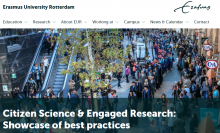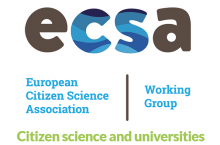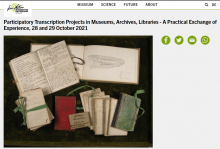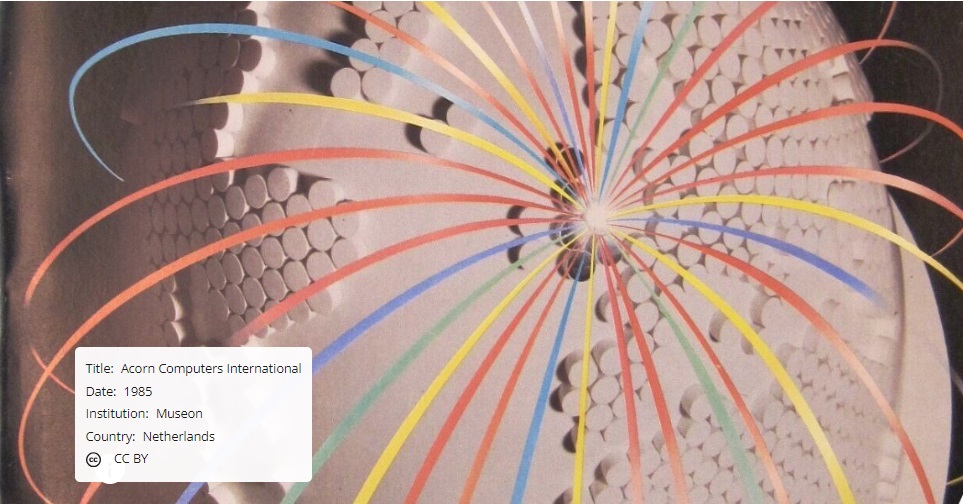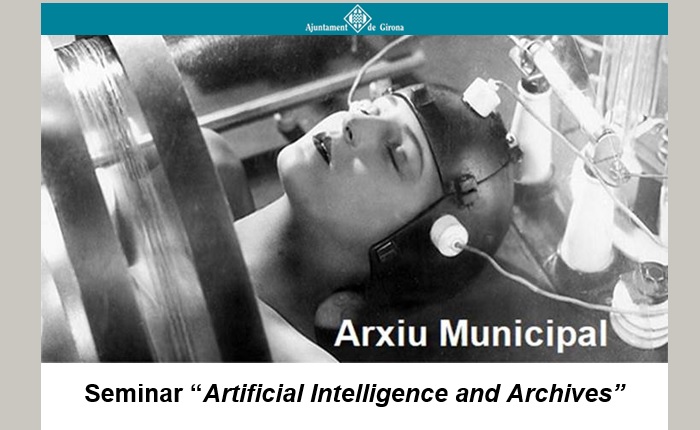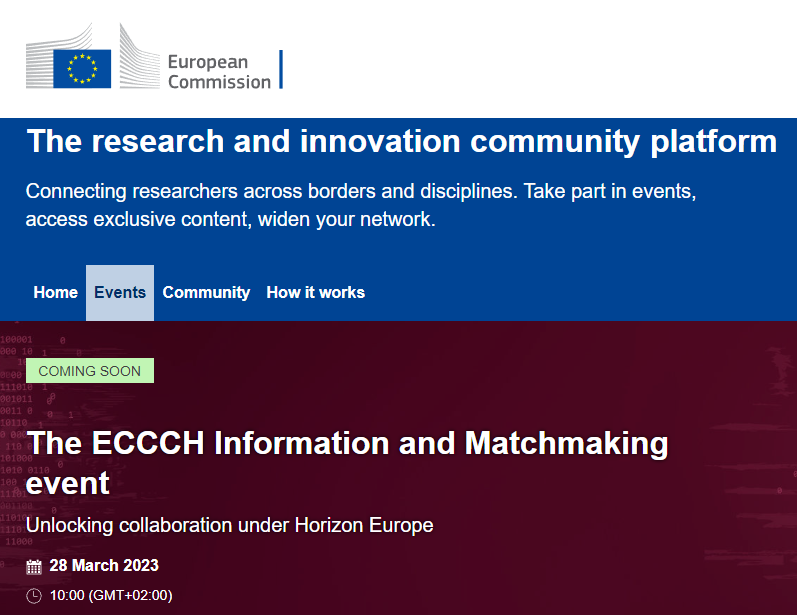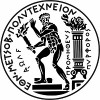The Innovating Higher Education conference focuses on trends and high impact factors in global and European higher education. This year’s theme was: Digital Reset: European Universities Transforming for a Changing World.
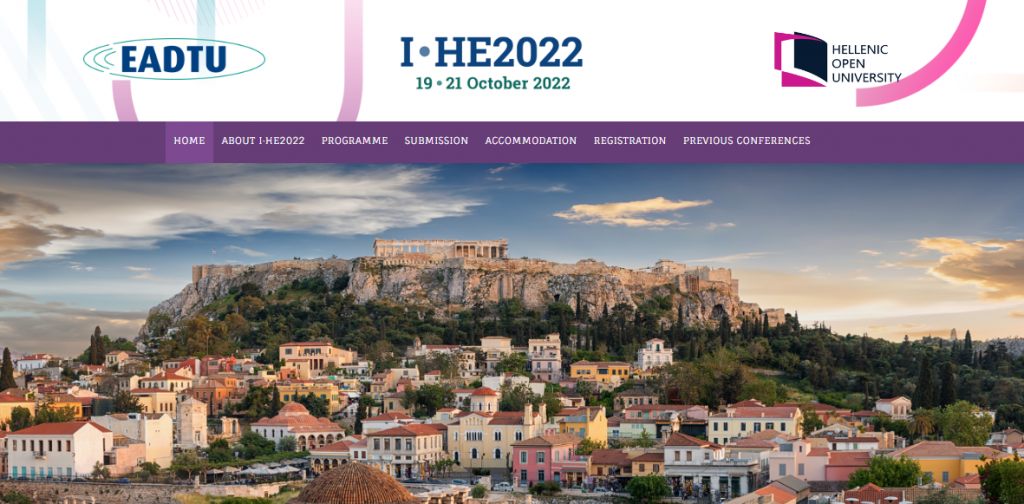
European universities today are confronted by profound, societal changes and crises. To move beyond emergency responses and practices, I-HE2022 gathered experts from the world of online, blended and distance learning. They shared expertise in new modes of (digital) education and explore opportunities towards high quality, inclusive education in the face of a changing world.
The talk entitled “CitizenHeritage: Higher Education & heritage professionals joining forces on citizen science” was delivered as part of the conference programme by Prof. Fred Truyen (KU Leuven).
In the Erasmus+ project CitizenHeritage, we aim to study and promote the conditions under which citizens can contribute to heritage studies, in a consortium that involves university researchers, university students at the MA level, as well as citizen science platform developers and representatives of the heritage sector. Citizen engagement projects are rife in the sector of libraries, archives and museums, in particular for the purpose of crowdsourcing. This reflects a societal trend in which citizens and communities are more and more involved and take responsibility for their heritage, in collaboration with the institutional professionals.
However, there are many modalities in which this citizen engagement is organised. In most cases, the citizen is delivering input without having a clear view of the scientific purpose, or without access to the results. In our study, we searched and reviewed best practice examples, to identify criteria for citizen science projects. We will in our paper and presentation discuss the results of this first overview and classification research. The aim is to further develop a series of guidelines for heritage institutions and researchers who want to do citizen science properly, as well as recommendations for higher education heritage study curriculums.
These guidelines focus on the correct information of the participants, their access to published results, correct acknowledgement of their contributions and possibly authorship rights. After this first phase of the research, of which we will present results in this presentation, we will develop capacity building workshops as well as replicable templates and training materials for heritage professionals and researchers.
More importantly, and the main focus of our presentation, is the role of higher education in the training of future heritage professionals in how to engage citizens in heritage research. For this, the 3 university partners in the project piloted training sessions embedded in official curriculum classes of university degrees at the MA level. We will argue that there is a natural role for open universities to contribute in this way to the development of open, citizen-inclusive higher education and heritage science.
Link to event: https://conference.eadtu.eu/



